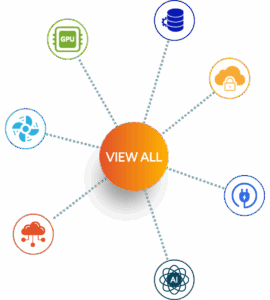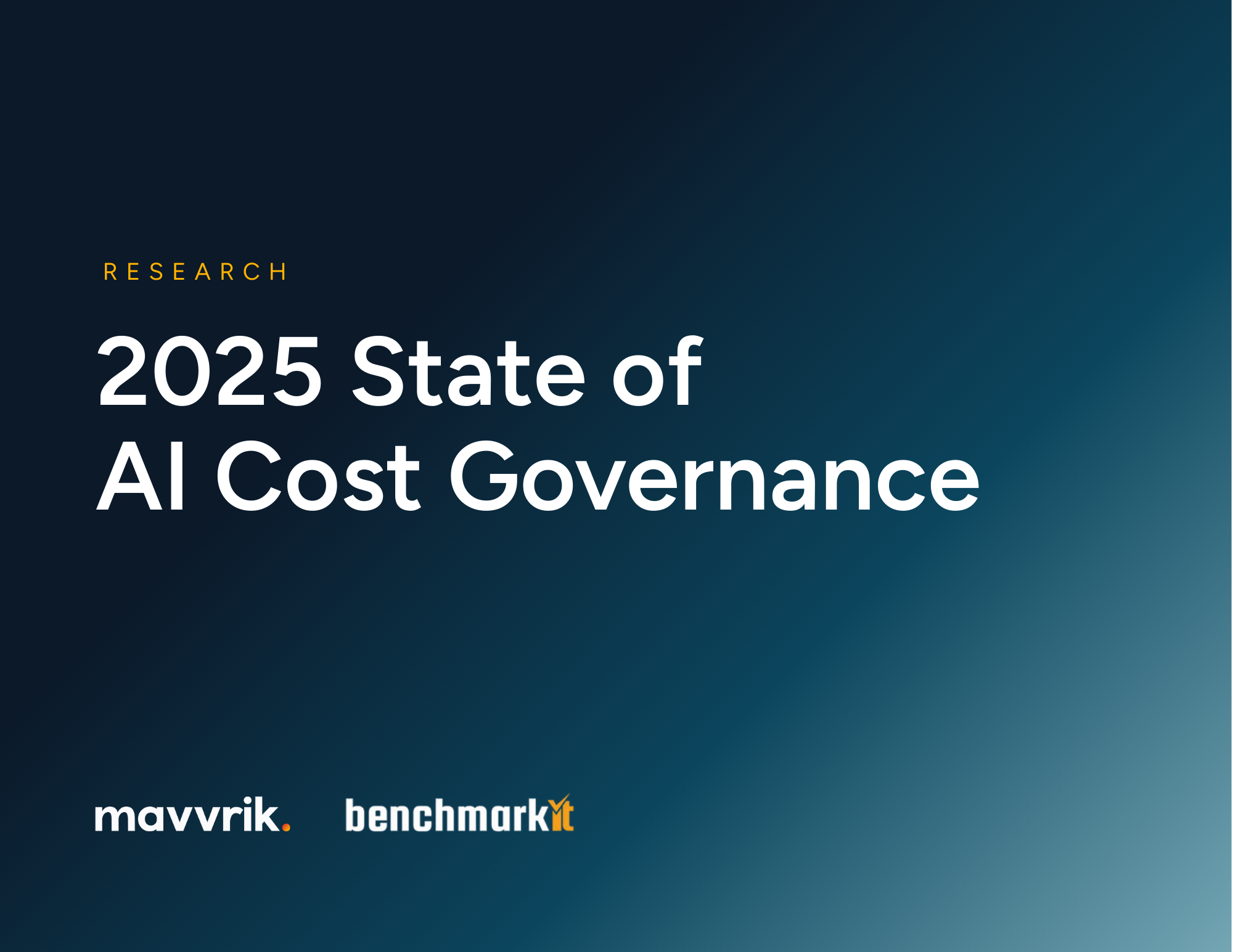KUBERNETES COST MANAGEMENT
Bring financial governance to Kubernetes.
Unify costs and usage data in a single pane to see what’s driving spend, fix waste fast, and allocate with confidence.
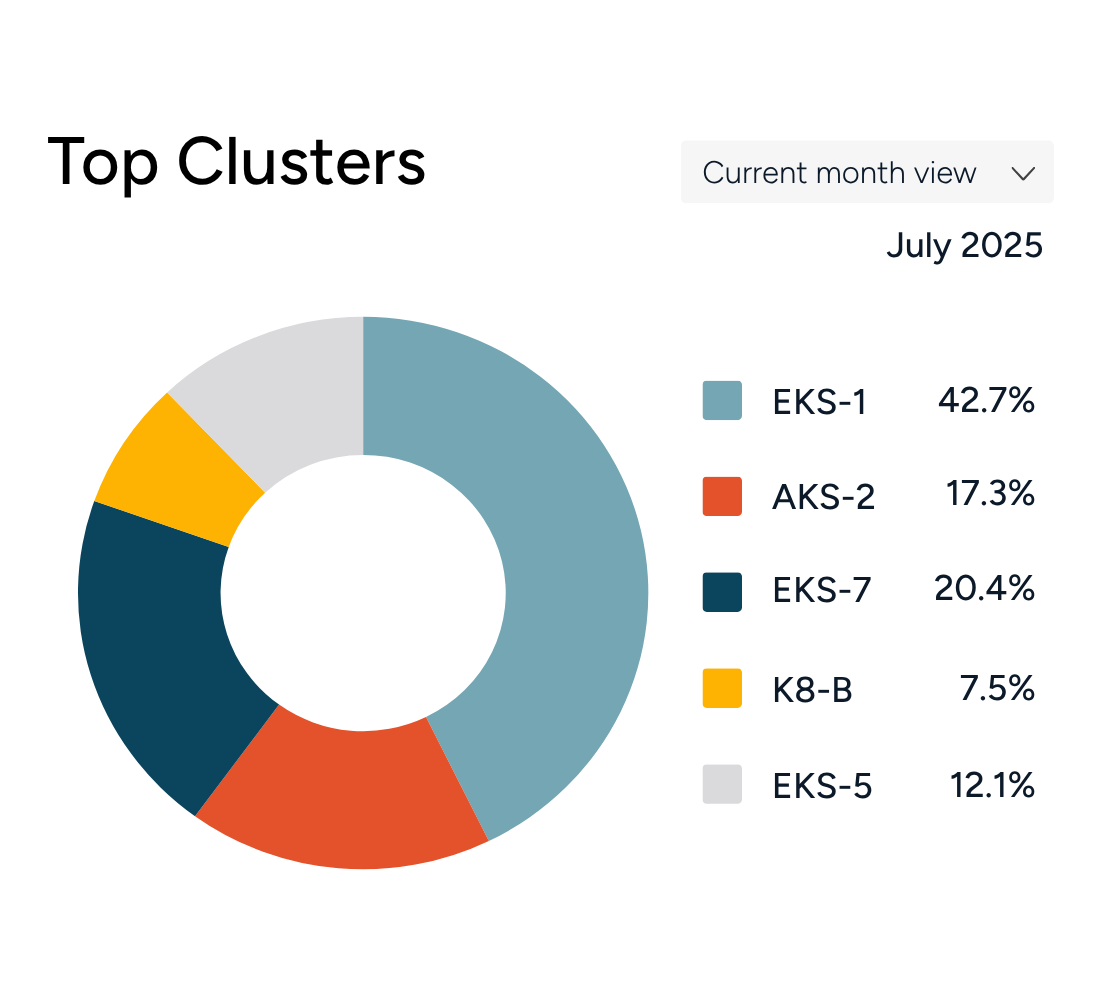

Master the cost of Kubernetes
Kubernetes was built for scale — not cost control. Shared clusters, fast-moving workloads, and unreliable tags make it nearly impossible to pinpoint what’s driving spend. Add GPU-intensive AI workloads into the mix, and margin risk grows fast.
Mavvrik connects directly to your infrastructure — surfacing real-time cost and usage data by pod, node, namespace, and service.
Whether you’re right-sizing nodes, preventing cost spikes, or mapping AI infra back to teams, Mavvrik gives you the visibility to act fast — and the control to scale smart.
Reduce unattributed spend, fast
Expose hidden costs in shared clusters and assign them to the right teams, apps, or business units.

Boost resource efficiency
Identify and eliminate idle nodes or underutilized resources, on cloud or on-prem.
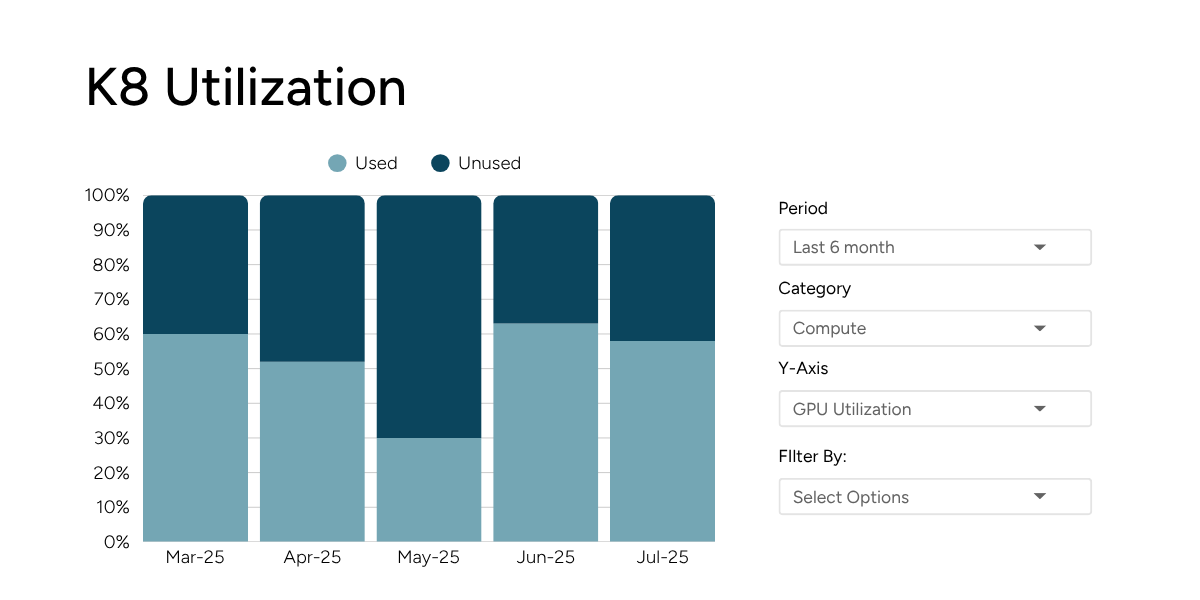
Support multi-environment operations
Unify cost governance across K8s clusters running in public cloud, private cloud, and hybrid setups.
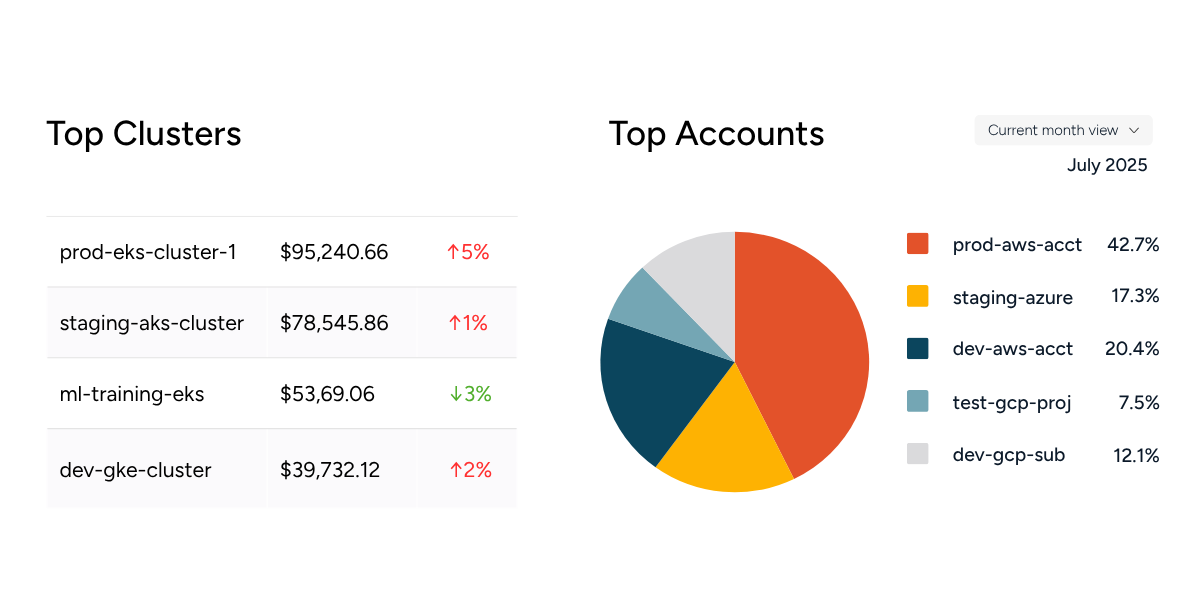
Improve budget predictability
Use usage trends and policy models to forecast future cluster costs more accurately.
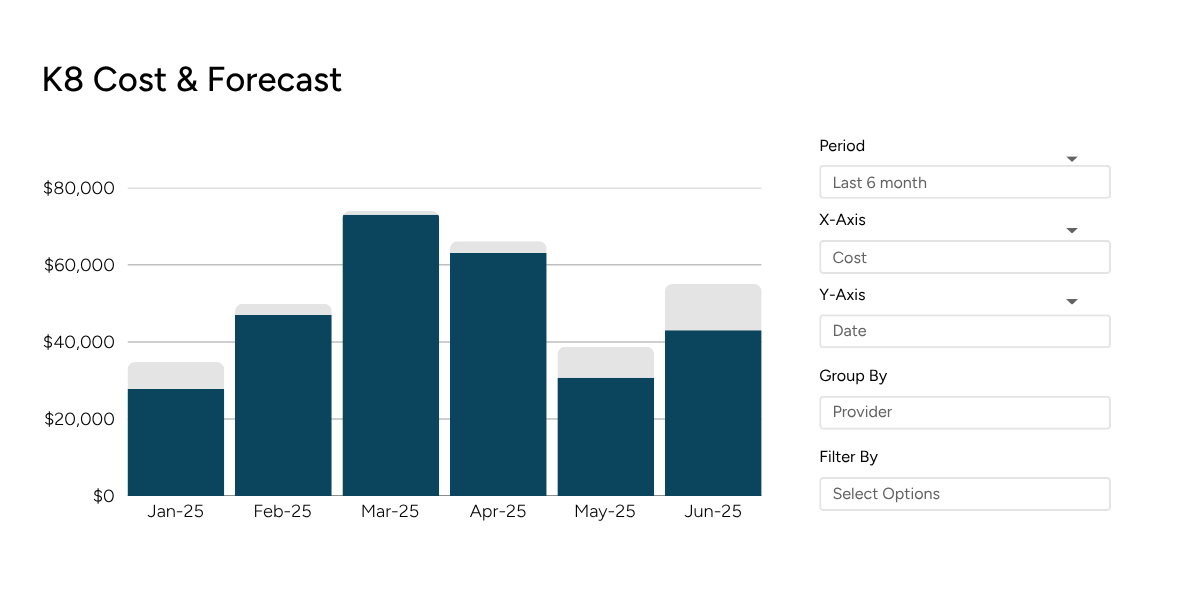
Built for complexity. Designed for clarity.
Alerts & notifications
Get notified the moment spend breaks a rule or threshold.
Cost normalization
Standardize billing data from every provider.
Policy enforcement
Set and apply budgets, alerts, and thresholds across systems.
Shared resource allocation
Fairly distribute costs for shared GPUs, storage, or licenses.
Chargeback & showback
Automate internal billing – by customer, unit, or use case.
Cross-environment dashboards
One view across cloud, on-prem, and SaaS.



With Mavvrik, we’ve gone from reactive to proactive in managing our investments across Azure, AWS, and Google. Real-time reporting and automation have transformed how we organize and allocate costs, create showback models and guardrails, and proactively manage the cloud. The difference has been night and day.
Becky Tamashasky
CPO & CTO, Avolve Software
FAQs
Your questions, answered.
What makes Kubernetes cost management so challenging?
Containers are ephemeral, shared, and constantly scaling. That makes it nearly impossible for cloud-native tools to tie usage back to a specific team, service, or customer.
Why isn’t utilization the same as cost visibility?
K8s dashboards can show CPU and memory usage, but they don’t translate that into financial impact. Mavvrik connects utilization directly to dollars, down to the pod, namespace, or workload.
What happens if Kubernetes costs aren’t properly allocated?
They get lost in “shared services” buckets, leading to failed chargebacks, inflated budgets, and margin erosion. Mavvrik makes containerized costs transparent and accountable.
How does Kubernetes cost governance support FinOps?
By enabling showbacks and chargebacks at the container level, Mavvrik aligns engineering and finance around real economics, not just technical metrics.
NO RISK PROOF OF VALUE
Ready to take control of your AI and hybrid costs?
Get a personalized demo and discover how Mavvrik helps:
Track every dollar across cloud, on-prem, AI, and SaaS in one platform.
Eliminate surprises with real-time cost allocation, anomaly detection, and predictive forecasting.
Automate cost control with chargebacks, budget guardrails, and AI-driven insights.
Request a Demo
